Related Research Articles
Sir Gilbert Heathcote, 1st Baronet, was a British merchant and Whig politician who sat in the English and British House of Commons between 1701 and 1733. He was a Governor of the Bank of England and was Lord Mayor of London in 1711.
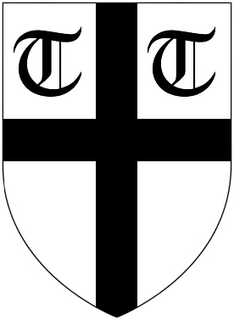
Rashleigh is a surname of a prominent family from Devon and Cornwall in England, which originated in the 14th century or before at the estate of Rashleigh in the parish of Wembworthy, Devon. The principal branches were:
Sir Thomas Bloodworth, born Blidward. was an English merchant and politician who sat in the House of Commons from 1660 to 1679. He was Lord Mayor of London from October 1665 to October 1666 and his inaction during the early stages of the Great Fire of London was widely criticized as one of the causes for the great extent of the damage to the city.
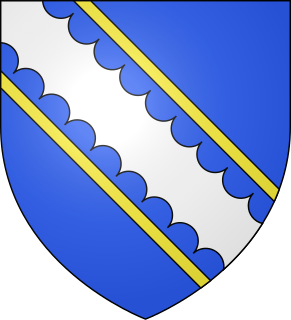
Hugh Fortescue of Filleigh and Weare Giffard Hall in Devon and of Ebrington Manor in Gloucestershire, was a British landowner and Whig politician who sat in the English and British House of Commons between 1689 and 1713.

Menabilly is a historic estate on the south coast of Cornwall, England, situated within the parish of Tywardreath on the Gribben peninsula about 2 miles (3.2 km) west of Fowey.
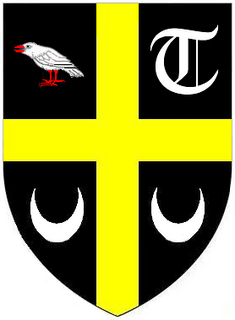
Jonathan I Rashleigh, of Menabilly, near Fowey in Cornwall, was an English shipping-merchant, Member of Parliament for Fowey in 1614, 1621, 1625, April 1640 and November 1640, and 1661 and served as Sheriff of Cornwall in 1627. He supported the Royalist cause during the Civil War.

John Rashleigh II of Menabilly, near Fowey in Cornwall, was an English merchant and was MP for Fowey in 1588 and 1597, and was High Sheriff of Cornwall in 1608. He was the builder of the first mansion house on the family estate at Menabilly, near Fowey, Cornwall, thenceforth the seat of the family until the present day. Many generations later the Rashleigh family of Menabilly in the Return of Owners of Land, 1873 was listed as the largest landowner in Cornwall with an estate of 30,156 acres (122.04 km2) or 3.97% of the total area of Cornwall.
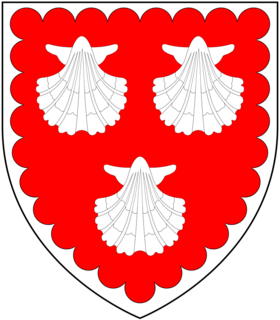
Thomas Erle was an English lawyer and politician who sat in the House of Commons from 1640 to 1648. He supported the Parliamentarian cause in the English Civil War.

Sir Walter Erle or Earle was an English landowner and politician who sat in the House of Commons at various times between 1614 and 1648. He was a vigorous opponent of King Charles I in the Parliamentary cause both before and during the English Civil War.
Colonel Nathaniel Rich sided with Parliament in the English Civil War. He was a colonel in Oliver Cromwell's New Model Army.
Thomas Povey FRS, was a London merchant-politician. He was active in colonial affairs from the 1650s, but neutral enough in his politics to be named a member from 1660 of Charles II's Council for Foreign Plantations. A powerful figure in the not-yet professionalised First English Empire, he was both "England's first colonial civil servant" and at the same time "a typical office holder of the Restoration". Both Samuel Pepys and William Berkeley, Governor of Virginia, railed at times against Povey's incompetence and maladministration.
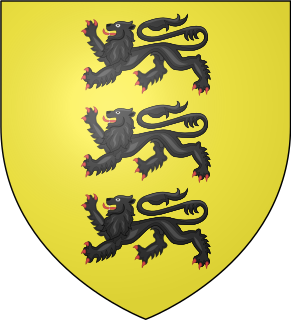
Sir John Carew, 3rd Baronet of Antony, Cornwall, was an English politician who sat in the House of Commons variously between 1660 and 1692.
John Ramsden was an English politician who sat in the House of Commons in 1659 and 1660.
John Goodwin was an English lawyer and politician who sat in the House of Commons at various time between 1641 and 1660. He supported the Parliamentary cause in the English Civil War.
Bullen Reymes was an English courtier, diplomat and politician who sat in the House of Commons from 1660 to 1672. He fought in the Royalist army in the English Civil War.
Sir William Tyringham (1618–1685) was an English politician who sat in the House of Commons from 1660 to 1679. He fought in the Royalist army in the English Civil War.
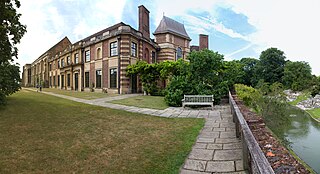
Sir John Shaw, 1st Baronet of Eltham Lodge, Kent was an English merchant and politician who sat in the House of Commons from 1661 to 1679.
John Rudge, of Mark Lane, London and Evesham Abbey, Worcestershire, was a London merchant and financier, and Whig politician who sat in the House of Commons almost continuously between 1698 and 1734. He was a Governor of the Bank of England from 1713 to 1715.
John Hanger was a merchant of Trinity Minories who was Governor of the Bank of England from 1719 to 1721 when the Bank of England was closely involved in the financing of the South Sea Company. His family were closely associated with the hundred of Bray in Berkshire and a memorial to the family exists in St Michael's Church there.

Sir Robert Basset (1573-1641), lord of the manor of Umberleigh and lord of the manor of Heanton Punchardon in Devon, England, was MP for Plymouth in 1593.
References
- ↑ "Abraham Hill, F.R.S. (1635-1722)", R. E. W. Maddison, Notes and Records of the Royal Society of London, Vol. 15, (Jul., 1960), pp. 173-182
- 1 2 3 4 5 6 Goodwin 1891.
- Attribution
![]() This article incorporates text from a publication now in the public domain : Goodwin, Gordon (1891). "Hill, Abraham". In Lee, Sidney (ed.). Dictionary of National Biography . 26. London: Smith, Elder & Co.
This article incorporates text from a publication now in the public domain : Goodwin, Gordon (1891). "Hill, Abraham". In Lee, Sidney (ed.). Dictionary of National Biography . 26. London: Smith, Elder & Co.